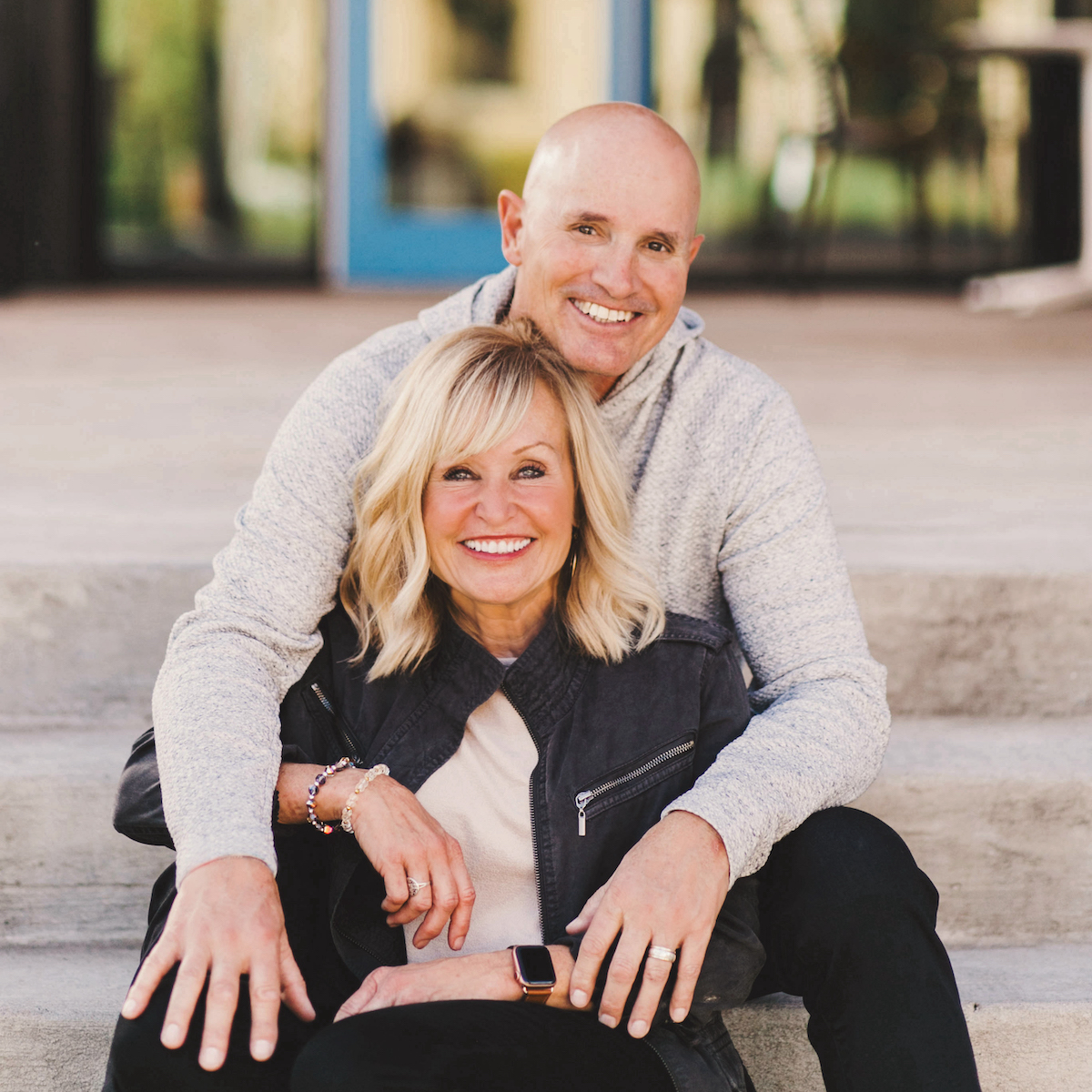I met a woman this summer who has spent the first 20 years of her professional life as an abortion doctor. She is now building a business as a death doc because she believes it is not only merciful but a benefit to society that people who are no longer able or willing or interested in contributing should go ahead and die. She’s making a lot of money making that happen and she told me she’s already very busy in what she sees as a growing niche in concierge medicine. What should I have said to her?
We talk a lot about life, we even talk about being pro-life but what does that mean as the end of life approaches? We talk about life’s blessings, challenges, opportunities, decisions, achievements, relationships, and realities. Life has our attention. But what about death? Does death have your attention? Why we do avoid conversations about the reality of that which is inevitable? Do we honestly imagine if we don’t talk about it then we can avoid it?
Here’s one thing every sober person knows: death comes.
It’s time to talk about it.
We speak of death as a thief when a person dies at the hands of another or as the consequence of an accident or the outcome of an illness. Death not only kills, it destroys and robs us of time we expected to have with our loved one or friend. So, now is the time of life to talk about death because none of us knows when death may come. But how do we start that conversation?
Kristina Twitty is helping people have the conversation about the end of life and the array of decisions we need to make in preparation for death, whenever it comes. She joined me on air to discuss her article for Samaritan’s Ministries, Bury Me in White and other advance care planning.
Kristina points us to several helpful resources including:
Prepare for Your Care: Using this tool, you will be able to designate your Medical Decision Maker and note your preferences for treatment, location of your last days, who you desire to be with you, and what kinds of decisions you would like made for you in case of an emergency. For example, would you want CPR administered if your heart stopped, or would you want a DNR order? Specific wishes can be noted within these pages, and they offer rules by state for how to legalize your written wishes. (Note of caution: “Right-to-die” laws are different in each state. While Prepare for Your Care does not directly advocate for the option of physician-assisted suicide, it recommends that you write your wishes on page 10 of the Directive and let your loved ones and medical provider know what you would consider a “not-good quality of life” for you.)
The Conversation Project: As mentioned above, quality of life is the focus of this tool, setting aside the technical complexity of medical and clinical wishes. A big-picture plan rather than a specific medical scenario is the approach for what matters to you. Once begun, this is meant to be a tool that encourages updates over the years with changing circumstances. Anyone age 18 and older should have a plan in place in case of accident or illness. You will find guides to selecting or serving as a medical advocate and tools for having an organized conversation through a small workbook called “What Matters to Me” to help navigate serious illness. “The Conversation Starter Guide” is also very helpful to begin a conversation with mom or dad. Their quick guide for what to do now has been updated to include a little information about COVID-19. (Keep in mind, their recommendations follow CDC guidelines for masks and distancing.)
Five Wishes at Home: With two pages of introduction available on their website, Five Wishes at Home is a project of Aging with Dignity. Their tools begin with an assumption of compliance for “stay-at-home” orders and compliance with “social distancing” as well. They begin by asking who you trust to make your decisions for you and what treatments you want for life support or comfort. This is a more specific tool to navigate important aspects of the process of wrapping up a life on earth. Not only does it encourage discussion of your treatment, it also asks who you want with you and what items bring you comfort, what conversations you want to have, and important things loved ones need to know from you—last words, forgiveness, words of love.
Good To Go: A Guide to Preparing for the End of Life: Jo Myers’ book outlines “The ABCs of Death and Dying” in a practical and humorous way. With a refreshing perspective on the normal things people face when helping loved ones say goodbye, she provides a thoughtful, step-by-step guide.
Kristina also encourages us to literally get our house in order. Where are those important papers and account passwords? And who knows where they are, how to access them and who to call? I wasn’t aware that there are now online services (MyDirectives.com is one) where you can upload your paperwork. Kristina suggests we set a date every year to visit the document, update our directives and remind the appropriate person how to access it when the time comes.
When we talk about end of life decisions as Christians, we’re having a fundamentally different conversation than people who think this life is literally all there is. We’re also having the end of life conversation differently than those who want to accelerate death through assisted suicide. We have to learn to have those conversations as well.
Who are you talking with about matters of life – and death?












